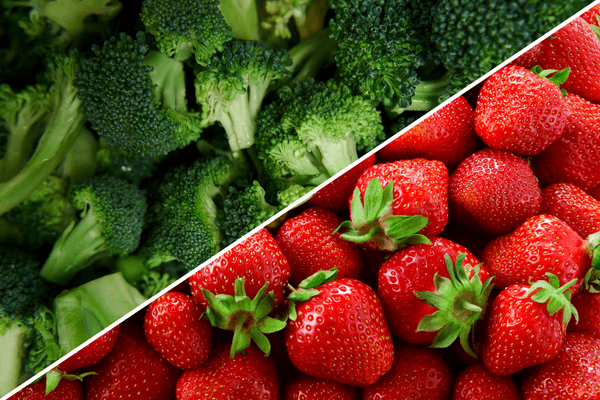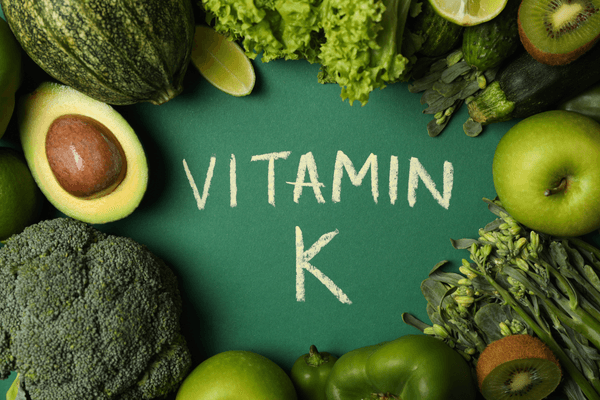Cheese is a dairy product that has captivated the taste buds of young kids to adults. It is used in many culinary creations. It has a rich flavour, diverse textures and variety. It is a staple food product in many cuisines.
A good cheese is aged or ripened, it can take several weeks or years depending on its variety. In the ageing of the cheese, the enzymes and bacteria work on the flavour and texture of the cheese.
In this blog, let’s find out if cheese is addictive.
What is cheese?
A dairy product made from milk is cheese. The solids (curd) from liquid (whey) this is curdling. The flavour and texture of the cheese is developed through ageing or ripening.
Cheese can be made from various milk sources like cows, goats, and sheep. The flavouring can be altered by adding herbs, spices or moulds.
How is cheese made?
The practice of cheese making has been followed for 1000 years. The major part of the water present is the milk removed in the cheese-making process, the solids are retained. Cheese making is considered a form of food preservation by fermentation because the shelf life or its storage life is increased due to the removal of water.
There are several steps involved in cheese making, they include:
-
Inoculation and curdling
The milk is pasteurised to kill any pathogen present. In pasteurisation, the fat-to-protein ratio of the milk is adjusted by the standardising separator. Milk is inoculated with rennet (enzyme preparation) and fermenting microorganisms. This promotes curdling.
In the fermentation process, lactic acid is produced. Lactic acid, rennet, and casein clump together and precipitate out, this process is called curdling or coagulation.
-
Cutting and shrinking
Once the curd is formed, it is cut into small squares and heated gently. The more it shrinks the more moisture is removed. Whey is removed by dripping or draining.
-
Ripening
The ripening of cheese is done to bring out the flavour. It is influenced by the interaction of the bacteria, enzymes and other physical conditions. During ripening proteins and lipids are broken down.
Milk, microorganisms, rennet and salt are the basic ingredients used in the process of cheese making.
Cheese is a source of:
- Calcium
- Protein
- Phosphorus
- Vitamin B12
- Vitamin A
- Small amounts of conjugated linoleic acid
Sodium is high in most of the cheese.
Let us get into the real question: is cheese addictive?
Is cheese addictive?
Role of casein in cheese
Casein is a protein that is naturally present in cow milk, goat, and buffalo milk. Casein protein consists of four different types of protein. About 70-80% of protein in the milk is casein. The presence of white colour in milk is due to casein.
Casein micelles (clusters of casein protein) are destabilised in cheese making. The curdling destabilised the casein micelles.
The casein protein causes stringiness by linking long fibres together. Short strings are formed when casein is broken down during ripening.
Casomorphins make you addicted to cheese?
The body breaks down casein into smaller compounds called casomorphins when digested. Casomorphins are plant-based compounds.
It plays an important role by ensuring the milk produced by mammals is nutrient-rich.
Casomorphins cross the blood-brain barrier and cause the brain to release dopamine (a happy hormone).
If you consume more cheese more casomorphins are released and more dopamine is released which makes you crave more foods like cheese.
Conclusion
Cheese can be addictive due to the presence of casein and casomorphins. They act on the brain and release the dopamine hormones. Dopamine hormones are responsible for making you feel happy. Dopamine is also called a happy hormone. When dopamine is secreted in high amounts, it makes you crave foods that are similar in taste to cheese.
Cheese is a good source of calcium and B vitamins. There are many varieties of cheese available in the market. Consuming a good quality cheese will have potential benefits in the body.
Kripa N,
Senior Clinical Dietitian, Simplyweight





